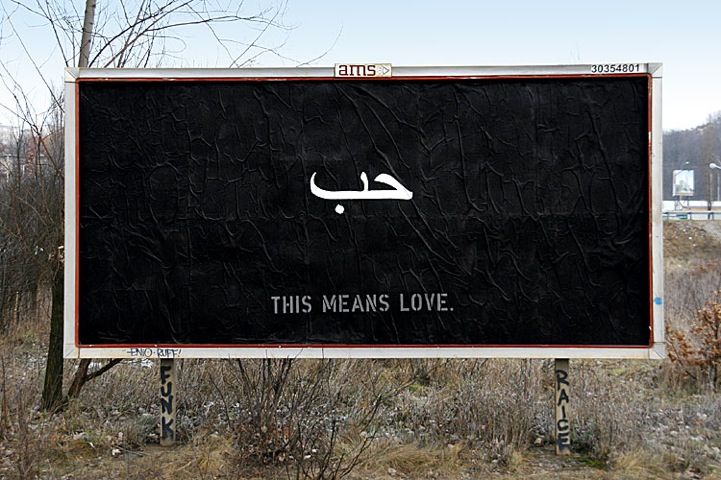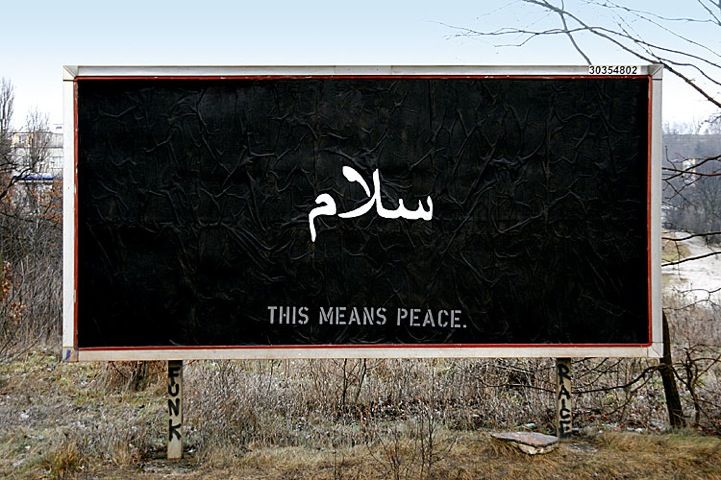As a writer and editor, I obviously enjoy words and language when used well. But among the leftist elite -- and through decades of educational indoctrination it's filtered down to self-identified intellectuals and the "creative" class -- words seem less and less to refer to anything real. They have become complete in themselves, a substitute for observation and thought about facts.
What I see constantly among liberals (and to be fair, not only among liberals) is a belief that coming up with the perfect verbal formula is equivalent to finding truth.
It is quite possible ... the FBI agents who interviewed Tsarnaev on both occasions failed to understand what they saw and heard because that’s what they were trained to do. As The Washington Examiner’s Mark Flatten reported last year, FBI training manuals were systematically purged in 2011 of all references to Islam that were judged offensive by a specially created five-member panel. Three of the panel members were Muslim advocates from outside the FBI, which still refuses to make public their identities. Nearly 900 pages were removed from the manuals as a result of that review.The approved modus operandi for the FBI was not to find out what was actually happening, evaluate it, and draw conclusions about what it might mean for protecting the United States. The administration, following the progressive world view, believed that the problem of Muslim jihad (of which overt terrorism is only a small part) could be dealt with by words -- in this case, eliminating words that would offend Muslims. The language having been removed, the phenomenon had supposedly been removed.
Fernandez: "Institutions do not always seek to find the truth. More often than not they seek to find the approved solution.
"But to really learn you have to be prepared to listen to what you don’t want to hear. The future only contains new information if it tells you something you don’t know. But bureaucracies want to make all new knowledge predictable, consistent with the existing narrative. And homogenization destroys information."
It isn't only governments that indulge in avidya. It has become standard operating practice throughout Western culture, especially among those who pride themselves on their tolerance and ability to rise above the prejudices of the multitudes.
In this day and age, it's refreshing to see a positive perspective on a script that has the ability to cause unease in America. Political street artist Peter Fuss' billboard pieces entitled This Means Peace were first placed at a railway station in Gdansk, Poland in January 2008. His works are immortalized on his website and are just as powerful, nearly four years later.But she is not contradicting stereotypes. She is promoting a stereotype dear to the hearts of leftists. Her bionote says, "I am a lefty. I'm the kind of lefty who uses a computer mouse with her left hand (pretty extreme case)." If you print the words love and peace and place them adjacent to Arabic terms, she imagines that disproves so-called "social stereotypes" about Islam.
The two billboards, that Fuss posted his signature minimalist typography across, feature Arabic writing with an explained translation underneath that reads "This Means Love" and "This Means Peace." The strength in the message of the simple black and white print is insurmountable due to the universally positive understanding of the terms love and peace. They signify a humanity that has always been present in the Arab culture, despite the overwhelming stigmatism of destruction that has been linked to the Arab community in the last decade. Fuss' eye-opening work reevaluates social stereotypes and forces the viewer to reexamine their own ways of thinking.
But Pinar, like so many others, doesn't recognize such a thing as factual reality. Words and creativity are her metric for truth. Words and creativity -- genuine creativity, not the institutionalized rebellion of the contemporary arts scene -- are life enhancing, but do not determine the validity of beliefs about the everyday world, in contrast to the mental world. When or if she wakens from her trance it may be too late for her. And for the rest of us.





3 comments:
Excellent expository writing. You have described a new mental phenomenon or paradigm that threatens to kill us in the long run: the idea that you can remake reality with the proper language or mindset, all you have to do is write the rules and then enforce them. Unpleasant truths only exist if you acknowledge them.
Delusion and denial are the mindset of the left and of many on the right as well.
From headline to close, yet another trenchant skewering of wishful non-thought. And, as always with Mr. Darby, a reading pleasure.
Andre Beaufre, who after the war became a general, was a young Captain on the French general staff in the period immediately before the German invasion of 1940. Here's what he experienced:
"I saw very quickly that our seniors were primarily concerned with forms of drafting. Every memorandum had to be perfect, written in a concise, impersonal style, and conforming to a logical and faultless plan–but so abstract that it had to be read several times before one could find out what it was about…”I have the honour to inform you that I have decided…I envisage…I attach some importance to the fact that…” Actually no one decided more than the barest minimum, and what indeed was decided was pretty trivial.”
This describes many American bureaucracies today, with “forms of drafting” usually taking the form of the expected PowerPoint style and format…academia is even worse.
Post a Comment